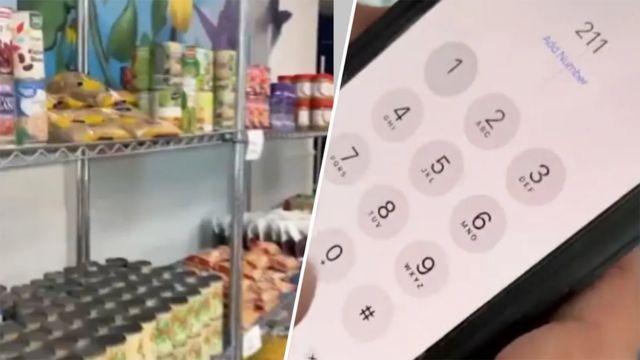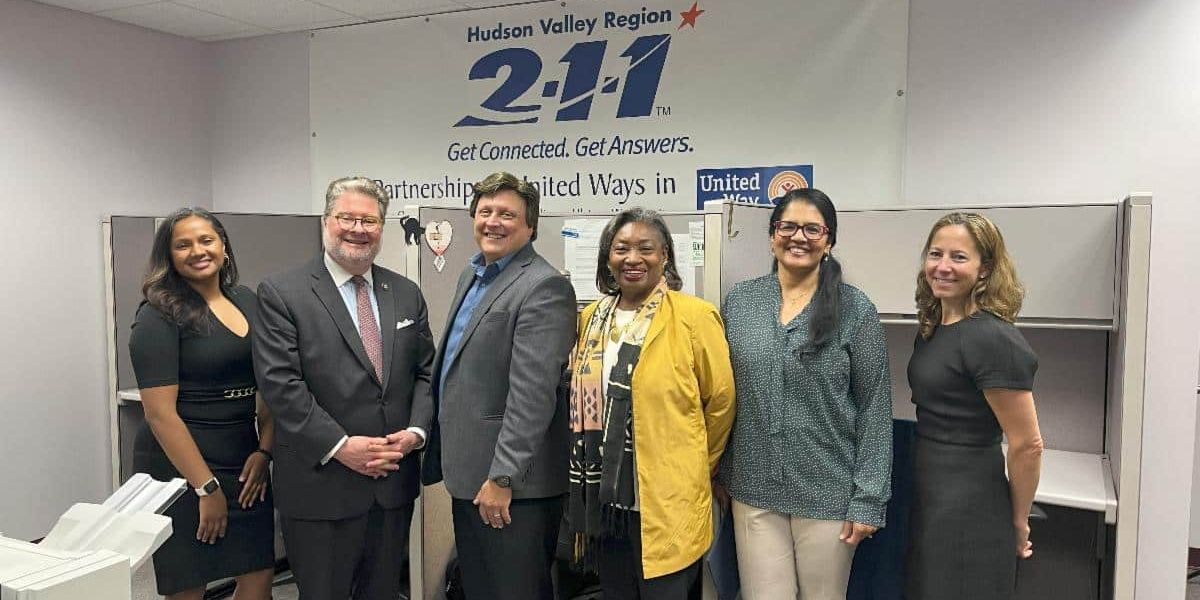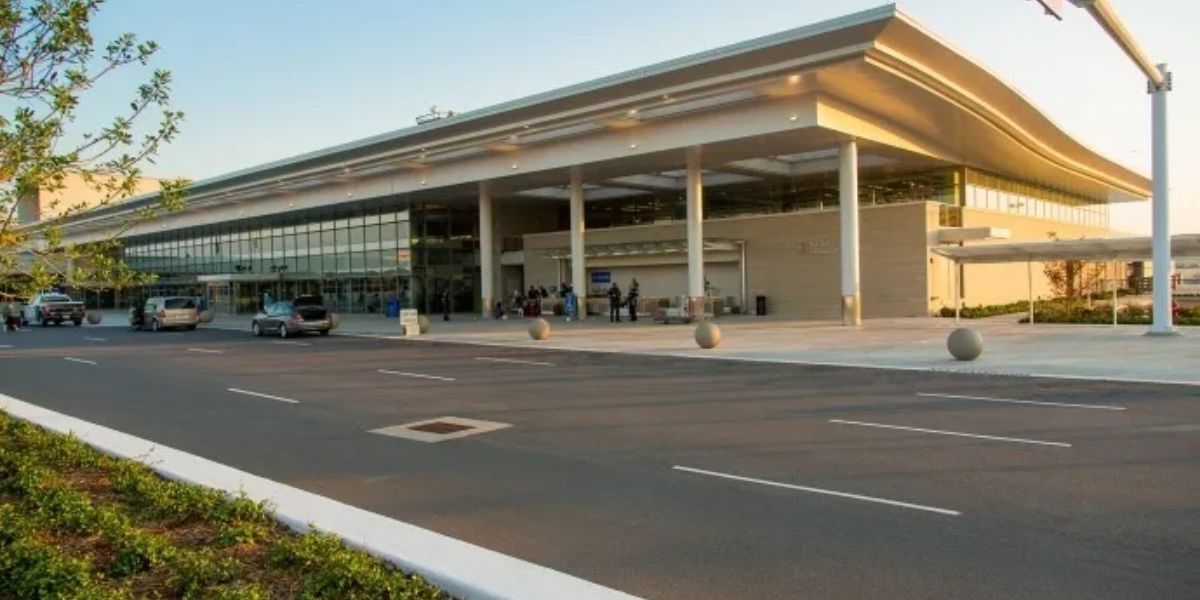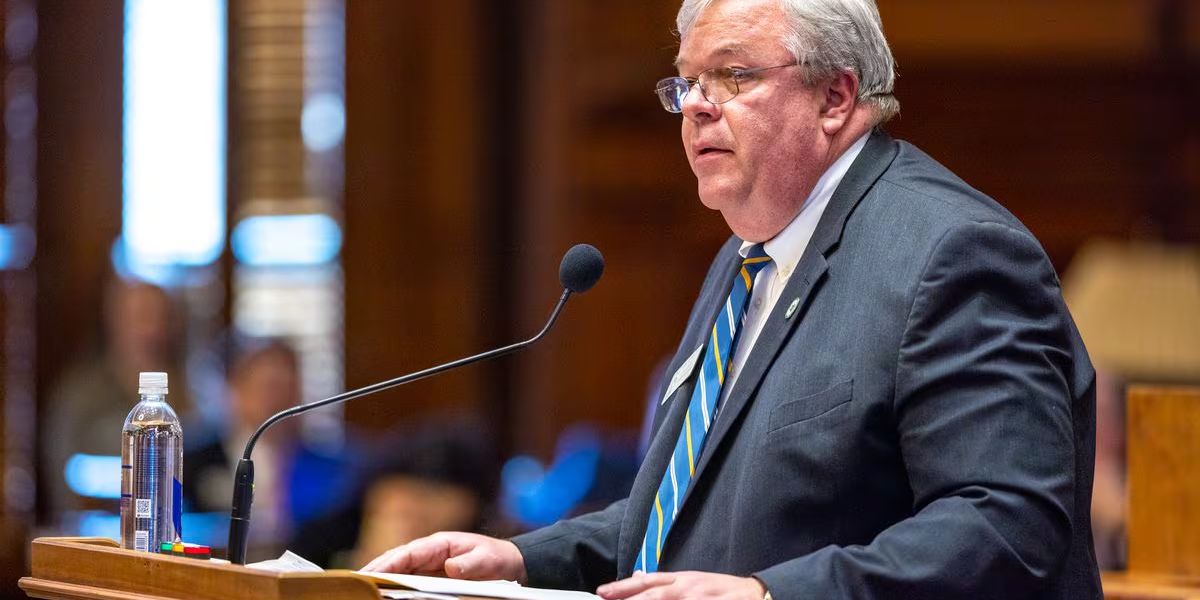CCG – Washington, D.C.’s 211 “warmline” will be able to reach more individuals around the District thanks to $9 million in funding from the Doris Duke Foundation. For individuals experiencing a crisis, the social services helpline is an essential tool.
211 is, to put it simply, a helpline for information and referrals on housing, food aid, and health and human services. 365 days a year, residents can call. The United Way Worldwide, a worldwide nonprofit organization dedicated to fostering community development, supports the nationally designated line, which functions similarly to 911.
Based on the information given by 211.org, 12,161 people called the D.C. 211 helpline, also known as 211 Answers, Please!, in 2023.
Calling or texting 211 Answers, Please! will link citizens in Washington, D.C. with a professional who will listen to their story and direct them to the right social assistance provider.

About families reported to the D.C. Child and Family Services Agency, the Doris Duke Foundation funding expressly aims to increase access for those who are “screened out” of the system—that is, families that were not subject to an investigation for child abuse or neglect. By 2023, 74% of cases were screened out, according to CFSA data, leaving impoverished families uncertain.
However 211 Answers, Please! will have additional experts on staff who are qualified to serve as a resource in connecting those families to the social assistance they require to prevent their circumstances from getting worse thanks to this increased grant funding. Robert Matthews, the director of CFSA, has questioned whether the city will have the money to offer those services, even with the additional grant support for the information line.
“When we bring attention to the issues and requirements of families, will the District be able to provide the resources necessary to ensure that those families have what they need?” he asked in the Washington Post.
SEE MORE: FAA Issues Solar Eclipse Warning, Including Alerts for Ohio
General information about the following resources is available to anyone calling 211 Answers: food assistance, insurance, and health care assistance, help to pay for housing and utilities, employment services, veteran services, family and child care services, and support for mental health and drug addiction disorders.
To get the most out of 211, callers need to be aware of what the service truly accomplishes, according to Heather Black, vice president of 211 system strategy at United Way Worldwide.
“I believe that people should be aware that 211 is a resource for information and referrals, and that it is our responsibility to assist them in finding the best resources to suit their needs,” adds Black. But we won’t usually be the ones to address their real issue with supplying that resource.
211 helplines’ nationwide success is, however, constrained by their financial resources. Adequate funding for 211 helplines is necessary to support expert training and enhance their ability to follow up with families.
For helplines throughout the nation, finding funding sources has proven difficult.
The lack of continuous or regular federal funding for the 211 system is one of its problems, according to Black. It follows that the funding for helplines is derived from three grant sources: grant money from state and local governments; grant money from grant organizations like the Doris Duke Foundation; and grant money directly from the United Way network, which funds roughly half of the 211 centers nationwide.
The next thing we need to make sure 211 has the proper capacity, Black says, is something I believe is incredibly essential for people to understand. “211 is perceived by the public in many ways as a service that is self-sufficient.”




